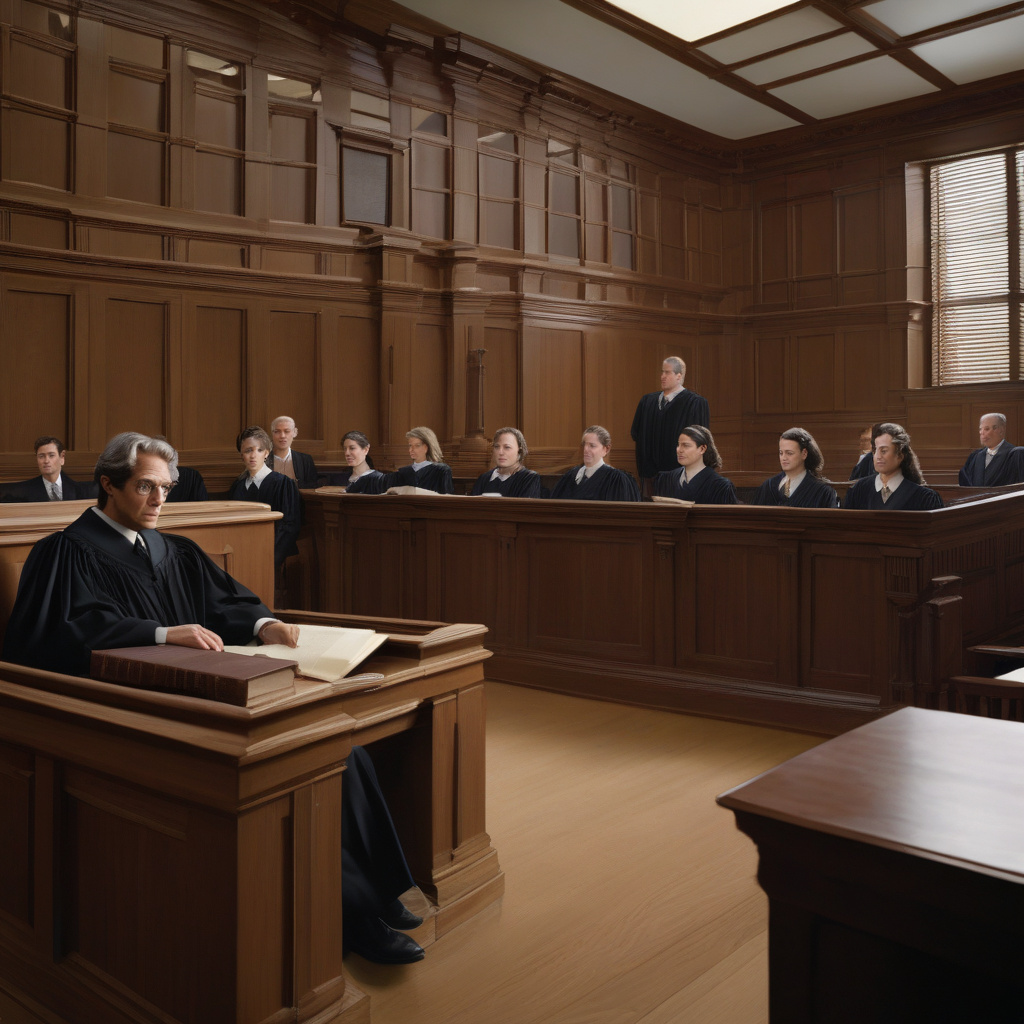In a recent ruling that is sending ripples through the legal community, the High Court of England and Wales has issued a stern warning to lawyers regarding the misuse of artificial intelligence tools in their work. According to Judge Victoria Sharp, who presided over the cases that sparked this warning, the use of generative AI tools such as ChatGPT for legal research is not only unreliable but could also lead to severe penalties for those who misuse them.
The implications of this ruling are significant for legal professionals who rely on AI technology to streamline their work processes. While AI has undoubtedly brought about numerous benefits in terms of efficiency and accuracy, this recent warning serves as a stark reminder of the potential risks associated with its use in the legal field.
One of the key issues highlighted by Judge Sharp is the inherent limitations of AI tools like ChatGPT when it comes to conducting legal research. Unlike human researchers who possess the ability to critically analyze and interpret complex legal information, AI systems are not equipped to provide the same level of nuanced understanding. This lack of reliability could have serious consequences, especially when AI-generated citations are presented as evidence in court.
As lawyers navigate the increasingly complex landscape of AI technology, it is crucial for them to exercise caution and due diligence in their use of such tools. While AI can undoubtedly enhance productivity and streamline workflows, it should never be seen as a substitute for human expertise and judgment, particularly in areas as critical as legal research.
In light of this recent warning from the High Court, legal professionals must take proactive steps to ensure the integrity and accuracy of their work. This means implementing robust quality control measures to verify the accuracy of AI-generated research, as well as maintaining a critical eye when evaluating the output of these tools.
Ultimately, the message from the court is clear: the use of AI in the legal profession must be approached with caution and a keen awareness of its limitations. By taking the necessary precautions and upholding the highest standards of ethics and professionalism, lawyers can harness the power of AI technology while safeguarding against the potential pitfalls that come with it.
As the legal landscape continues to evolve in the digital age, staying informed and vigilant about the implications of AI technology will be crucial for legal professionals. By heeding the warning issued by the High Court of England and Wales, lawyers can navigate this new terrain with confidence and integrity, ensuring that justice is upheld and the rule of law is preserved.

